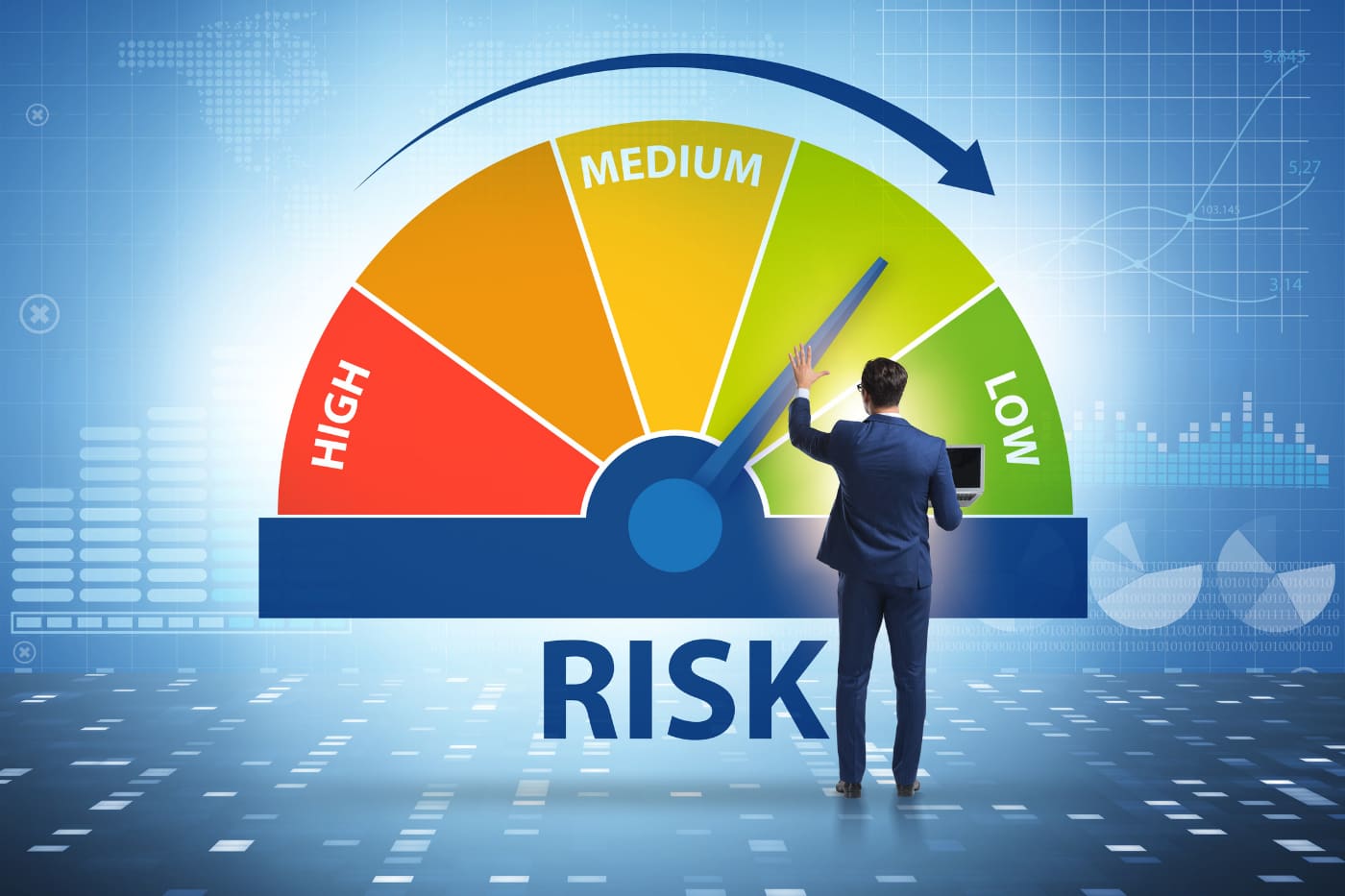The Importance of Fraud Insurance
Importance of Fraud Insurance in today’s rapidly evolving economic landscape, the threat of fraud looms larger than ever. Organizations, regardless of size or industry, face an array of sophisticated schemes that can inflict significant financial and reputational damage. As businesses increasingly rely on digital transactions and complex supply chains, the risk of fraudulent activities has surged, necessitating robust protective measures. One critical line of defense is fraud insurance—a specialized insurance product designed to shield businesses from the devastating impacts of fraudulent acts. This article delves into the importance of fraud insurance, exploring its benefits, types, coverage, and the broader implications for businesses and the economy.
Understanding Fraud Insurance
Fraud insurance, also known as fidelity insurance or crime insurance, is a type of coverage that protects businesses from losses caused by fraudulent activities. These activities can range from employee theft and forgery to cybercrime and social engineering scams. Unlike general liability insurance or property insurance, which cover physical damages and liabilities, fraud insurance specifically addresses the financial losses stemming from deceitful actions.
Types of Fraud Insurance
Fraud insurance can be categorized into various types based on the nature of the fraudulent activities it covers:
- Employee Theft and Dishonesty Insurance: This type of insurance covers losses resulting from fraudulent acts committed by employees. It includes theft of money, securities, or property, as well as embezzlement and forgery.
- Forgery and Alteration Insurance: This coverage protects businesses against losses caused by the forgery or alteration of checks, drafts, promissory notes, and other financial instruments.
- Computer Fraud Insurance: With the rise of cybercrime, computer fraud insurance has become essential. It covers losses resulting from unauthorized access to a company’s computer systems, leading to data breaches, financial theft, and other cyber-related crimes.
- Funds Transfer Fraud Insurance: This type of insurance protects against fraudulent instructions that result in the transfer of funds from the business’s accounts to unauthorized accounts.
- Social Engineering Fraud Insurance: Social engineering fraud, where criminals manipulate individuals into divulging confidential information, is increasingly common. This insurance covers losses from such schemes, including phishing, pretexting, and baiting.
- Credit Card Fraud Insurance: This covers losses from the unauthorized use of credit cards, whether through physical theft or digital means.
The Growing Need for Fraud Insurance
The necessity for fraud insurance is underscored by several key factors:
Increasing Complexity of Fraud Schemes
Fraudsters are constantly developing more sophisticated methods to deceive businesses. Traditional security measures are often insufficient to counter these advanced tactics. Fraud insurance provides a safety net, ensuring that businesses are not left to bear the full brunt of these increasingly complex schemes.
Proliferation of Cybercrime
As businesses digitize their operations, the risk of cybercrime has surged. Data breaches, ransomware attacks, and phishing schemes are prevalent, with cybercriminals targeting both small and large enterprises. Fraud insurance tailored to cyber threats helps businesses recover from these incidents, covering costs related to data recovery, legal fees, and regulatory fines.
Globalization and Extended Supply Chains
Globalization has extended supply chains, making them more vulnerable to fraud. Companies must navigate diverse regulatory environments and deal with numerous third-party vendors, increasing the risk of fraudulent activities. Fraud insurance helps mitigate these risks by covering losses incurred through international fraud and supply chain disruptions.
Regulatory Compliance
Many industries are subject to stringent regulations that mandate the protection of sensitive data and financial assets. Failure to comply with these regulations can result in severe penalties. Fraud insurance not only helps businesses comply with these regulations by providing financial protection but also by offering resources for improving security protocols and risk management practices.
Benefits of Fraud Insurance
The importance of fraud insurance extends beyond mere financial protection. It offers a multitude of benefits that enhance a business’s overall resilience and operational stability.
Financial Protection
The most direct benefit of fraud insurance is financial protection. Fraudulent activities can lead to substantial monetary losses, potentially crippling a business. Fraud insurance ensures that businesses can recover from such losses without devastating impacts on their financial health.
Risk Management and Prevention
Many fraud insurance policies come with added services that help businesses manage and mitigate risks. Insurers often provide resources such as risk assessments, fraud prevention training, and security audits. These services not only reduce the likelihood of fraud but also enhance the overall security posture of the organization.
Legal and Regulatory Support
Dealing with the aftermath of fraud often involves legal complexities and regulatory scrutiny. Fraud insurance typically covers legal fees, regulatory fines, and the costs associated with navigating the legal system. This support is crucial for businesses, especially smaller ones that may lack the resources to handle these challenges independently.
Reputational Protection
A fraud incident can severely damage a company’s reputation, leading to loss of customers and diminished trust. Fraud insurance can cover the costs of crisis management, including public relations campaigns and customer notification efforts, helping to restore the company’s reputation more quickly.
Employee Trust and Morale
For businesses, particularly those heavily reliant on their workforce, maintaining employee trust and morale is critical. The presence of fraud insurance reassures employees that the company is prepared to handle fraudulent activities and protect their interests, fostering a more secure and positive working environment.
Real-World Impacts of Fraud Insurance
To appreciate the importance of fraud insurance fully, it’s useful to consider its real-world impacts through case studies and examples.
Case Study: A Mid-Sized Manufacturing Company
A mid-sized manufacturing company faced a significant internal fraud incident when a senior employee embezzled funds over several years. The company’s fraud insurance policy covered the financial losses, which amounted to several hundred thousand dollars. Additionally, the insurer provided forensic accounting services to trace the embezzled funds and legal support to prosecute the perpetrator. This comprehensive coverage allowed the company to recover financially and improve its internal controls to prevent future incidents.
Case Study: A Financial Services Firm
A financial services firm fell victim to a sophisticated phishing attack that led to unauthorized transfers of client funds. The fraud insurance policy covered the losses, including reimbursement to affected clients and the costs of implementing enhanced cybersecurity measures. The insurer also offered training sessions for employees to recognize and respond to phishing attempts, significantly reducing the firm’s vulnerability to future cyber threats.
Broader Economic Implications
The importance of fraud insurance extends beyond individual businesses. It has broader economic implications, contributing to the stability and resilience of the overall economy.
Enhancing Business Confidence
Fraud insurance plays a crucial role in enhancing business confidence. Knowing that there is a safety net in place allows businesses to invest in growth and innovation without the constant fear of potentially devastating fraud losses. This confidence is particularly important for small and medium-sized enterprises (SMEs) that may lack the resources to absorb significant financial hits.
Promoting Economic Stability
When businesses suffer large-scale fraud losses, the ripple effects can destabilize entire industries and communities. Fraud insurance helps contain these effects by ensuring that affected businesses can recover quickly, thereby maintaining the stability of supply chains and employment levels.
Encouraging Best Practices
The availability of fraud insurance incentivizes businesses to adopt best practices in fraud prevention and risk management. Insurers often require policyholders to implement certain security measures as a condition of coverage. This not only reduces the incidence of fraud but also elevates the overall standards of business practices across industries.
Choosing the Right Fraud Insurance Policy
Selecting the appropriate fraud insurance policy is a critical decision for any business. Several factors should be considered to ensure comprehensive coverage and optimal protection.
Assessing Risk Exposure
Businesses should conduct a thorough assessment of their risk exposure to identify the types of fraud they are most vulnerable to. This assessment should consider internal factors, such as employee roles and access to financial systems, as well as external factors like industry-specific risks and the nature of the company’s digital presence.
Customizing Coverage
Fraud insurance policies can be tailored to meet the specific needs of a business. It is important to work with an experienced insurance broker to customize the coverage, ensuring that it includes protection against the most relevant types of fraud. This customization might involve selecting specific endorsements or riders that address unique risks.
Evaluating Insurer Expertise
The expertise and reputation of the insurer are crucial. Businesses should choose insurers with a proven track record in handling fraud claims and providing comprehensive support services. This includes evaluating the insurer’s financial stability, claims handling processes, and customer service capabilities.
Reviewing Policy Limits and Exclusions
Understanding the policy limits and exclusions is essential to avoid surprises during a claim. Businesses should review the maximum coverage amounts, sub-limits for specific types of fraud, and any exclusions that might limit the policy’s effectiveness. It is also advisable to explore options for increasing coverage limits if necessary.
Continuous Monitoring and Updating
Fraud risks are dynamic and can evolve over time. Businesses should regularly review and update their fraud insurance policies to ensure they remain adequate. This involves staying informed about new fraud trends, conducting periodic risk assessments, and adjusting coverage as needed.
Conclusion on Importance of Fraud Insurance
In an era where fraud poses a significant threat to businesses, fraud insurance emerges as an indispensable safeguard. It provides critical financial protection, supports risk management efforts, and ensures compliance with regulatory requirements. Beyond its immediate benefits, fraud insurance contributes to broader economic stability by enhancing business confidence and promoting best practices. For businesses of all sizes, investing in fraud insurance is not merely a prudent financial decision but a strategic imperative that fosters resilience and long-term success.
Fraud insurance is more than a safety net; it is a cornerstone of a robust risk management strategy. By understanding its importance and effectively leveraging its benefits, businesses can navigate the complexities of today’s fraud landscape with greater confidence and security.






